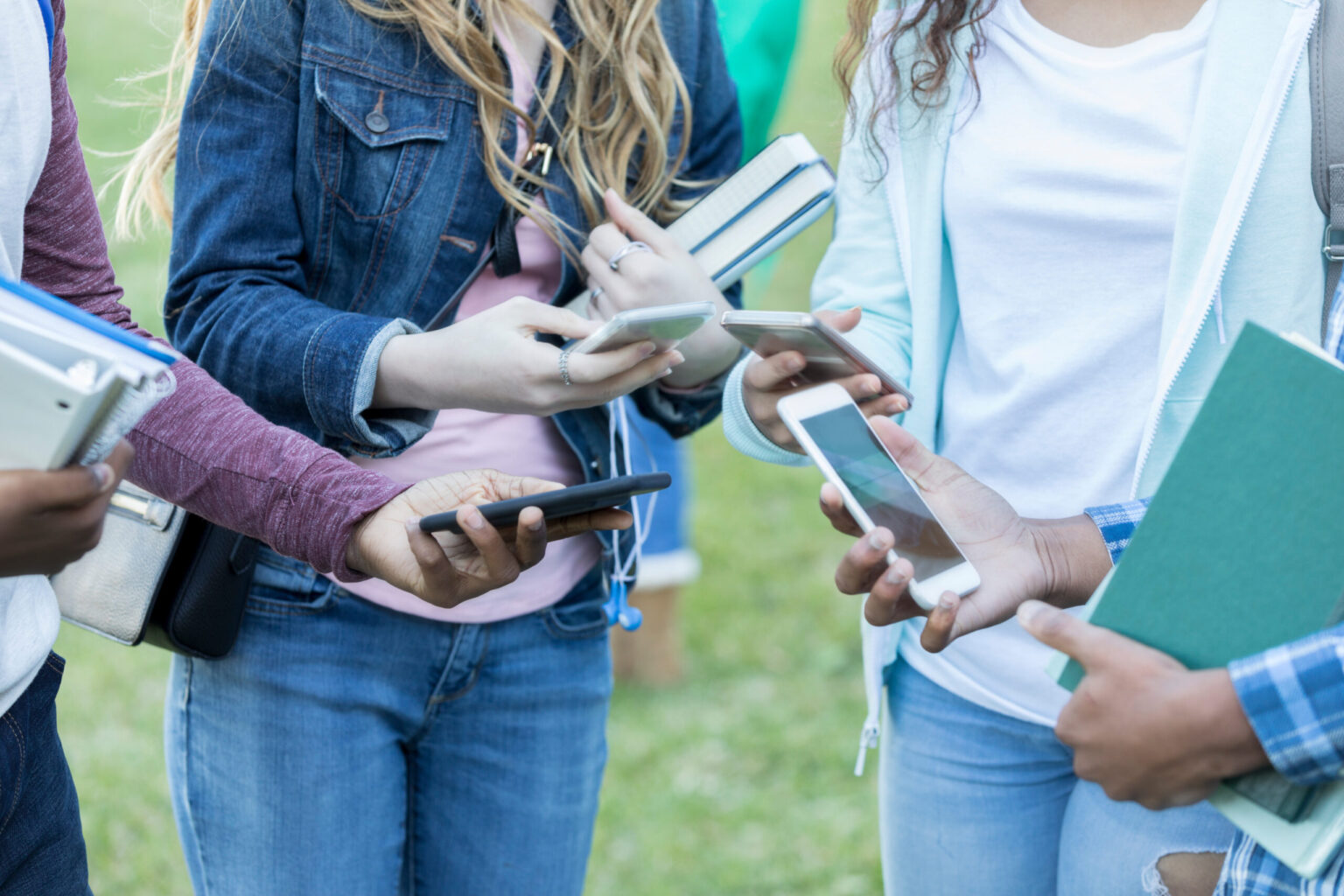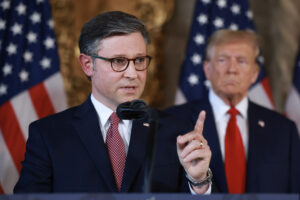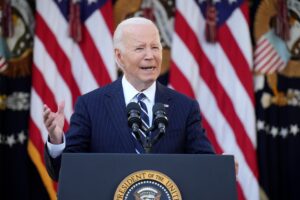15:26
dc_bureau
U.S. Education Department pings states, schools to set policies on cellphone use
Virginia released final cellphone-free schools guidelines in September, districts to adopt policies by Jan. 1
WASHINGTON — The U.S. Education Department called on every state, school and district on Tuesday to adopt policies on cellphone use in schools.
The department asks schools to have well-thought-out policies on the matter, but does not dictate exactly what those policies should be. An accompanying resource for schools notes the risk social media can pose to students’ mental health.
“In this digital age, every elementary, middle, and high school should have a clear, consistent, and research-informed policy to guide the use of phones and personal devices in school,” U.S Education Secretary Miguel Cardona said in a written statement.
“The evidence makes clear: there is no one-size-fits-all policy,” Cardona added, noting that “different school communities have different needs, and the nuances of this issue demand that local voices — parents, educators, and students — inform local decisions around the use of personal devices in school.”
The department acknowledged the role cellphones can play in keeping parents connected to their kids, especially in emergency situations, while also highlighting the increasing evidence on the harms social media can have on youth mental health, such as sleep deprivation and depression.
Increasing state policies
An increasing number of states and school districts have enacted policies either prohibiting or restricting students from using their cellphones in the classrooms.
Across the country, schools and districts continue to grapple with how to deal with kids’ cellphone use, and more than half of all states have sought to ban or restrict cellphone use in classrooms.
As of early November, at least eight states have passed statewide policies that either limit or prohibit cellphone use in the classrooms, according to KFF.
That includes California, Florida, Indiana, Louisiana, Ohio, South Carolina and Virginia. A Minnesota law forces schools to adopt a policy on cellphone use by March 2025.
A handful of other states’ education departments have issued policy recommendations or pilot programs, while lawmakers in several more have introduced statewide legislation regarding cellphone use.
The guidance from the U.S. Education Department coincides with the release of a resource for education officials and local communities on adopting cellphone use policies.
In the playbook, Cardona points to U.S. Surgeon General Dr. Vivek Murthy’s public warning in 2023 on social media’s effects on youth mental health.
Murthy warns: “More research is needed to fully understand the impact of social media; however, the current body of evidence indicates that while social media may have benefits for some children and adolescents, there are ample indicators that social media can also have a profound risk of harm to the mental health and well-being of children and adolescents.”
Last updated 2:47 p.m., Dec. 3, 2024
Virginia's cellphone-free education guidelines
In July, Virginia Gov. Glenn Youngkin issued Executive Order 33, which directed the Department of Education to collaborate with the Departments of Health and Health and Human Services to create guidelines for cellphone-free education in public schools. The governor added that $500,000 in existing funds allocated to the Departments of Education and Behavioral Health and Development Services will support the implementation of the initiative.
Since then, the agencies have hosted several listening sessions with parents and educators and gleaned feedback to help shape the final guidelines for limiting students' cellphone use, which were released in September. The guidelines, outlined in a 27-page document, include suggestions on improving communication gaps between parents, teachers and school officials in emergency and non-emergency situations, one of the chief concerns with banning cellphone use in schools, and offers school leaders best practices on putting the guidelines into practice in their districts.
The final guidelines call for elementary, middle and high school students to have no access to cellphones during the bell-to-bell school day. Middle and high schoolers may use phones on campus before or after school, with local school leaders tailoring the rules to their district's needs. The state's guidelines exempt students with disabilities and English Learner students with a documented language barrier. School leaders must adopt a cellphone-free policy by Jan. 1.
During the next General Assembly session that starts in January, lawmakers will consider a bill sponsored by Sen. Stella Pekarsky, D-Fairfax, directing school boards to develop and each public school to implement "age-appropriate and developmentally appropriate policies relating to the possession and use of cell phones by students on school property during regular school hours." Sen. Ghazala Hashmi, D-Richmond, chair of the Senate Education and Health Committee, and Sen. Schuyler VanValkenburg, D-Henrico, are co-patrons of the measure.
Our stories may be republished online or in print under Creative Commons license CC BY-NC-ND 4.0. We ask that you edit only for style or to shorten, provide proper attribution and link to our website. AP and Getty images may not be republished. Please see our republishing guidelines for use of any other photos and graphics.





